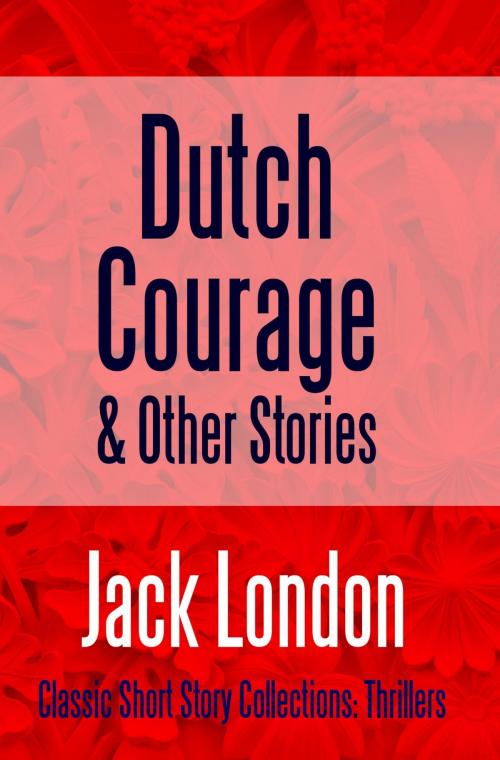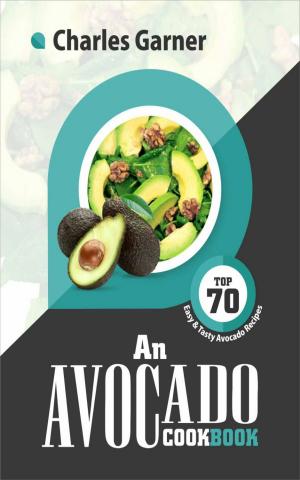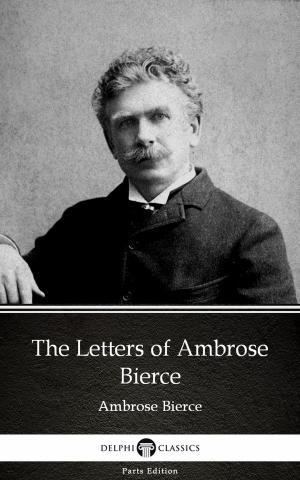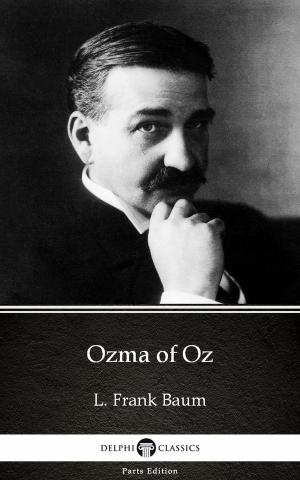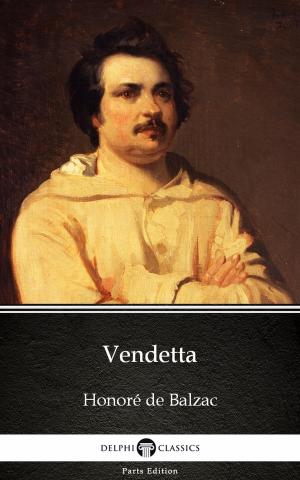| Author: | Jack London | ISBN: | 9781387147809 |
| Publisher: | PublishDrive | Publication: | August 17, 2017 |
| Imprint: | Midwest Journal Press | Language: | English |
| Author: | Jack London |
| ISBN: | 9781387147809 |
| Publisher: | PublishDrive |
| Publication: | August 17, 2017 |
| Imprint: | Midwest Journal Press |
| Language: | English |
A collection of very early stories published posthumously, with a preface by his wife Charmian.
DUTCH COURAGE (excerpt)
"Just our luck!"
Gus Lafee finished wiping his hands and sullenly threw the towel upon the rocks. His attitude was one of deep dejection. The light seemed gone out of the day and the glory from the golden sun. Even the keen mountain air was devoid of relish, and the early morning no longer yielded its customary zest.
"Just our luck!" Gus repeated, this time avowedly for the edification of another young fellow who was busily engaged in sousing his head in the water of the lake.
"What are you grumbling about, anyway?" Hazard Van Dorn lifted a soap-rimmed face questioningly. His eyes were shut. "What's our luck?"
"Look there!" Gus threw a moody glance skyward. "Some duffer's got ahead of us. We've been scooped, that's all!"
Hazard opened his eyes, and caught a fleeting glimpse of a white flag waving arrogantly on the edge of a wall of rock nearly a mile above his head. Then his eyes closed with a snap, and his face wrinkled spasmodically. Gus threw him the towel, and uncommiseratingly watched him wipe out the offending soap. He felt too blue himself to take stock in trivialities.
Hazard groaned.
"Does it hurt—much?" Gus queried, coldly, without interest, as if it were no more than his duty to ask after the welfare of his comrade.
"I guess it does," responded the suffering one.
"Soap's pretty strong, eh?—Noticed it myself."
"'Tisn't the soap. It's—it's that!" He opened his reddened eyes and pointed toward the innocent white little flag. "That's what hurts."...
**About Jack London: **
Jack London (1876-1916), was an American author and a pioneer in the then-burgeoning world of commercial magazine fiction. He was one of the first Americans to make a lucrative career exclusively from writing. London was self-educated. He taught himself in the public library, mainly just by reading books. In 1898, he began struggling seriously to break into print, a struggle memorably described in his novel, Martin Eden (1909). Jack London was fortunate in the timing of his writing career. He started just as new printing technologies enabled lower-cost production of magazines. This resulted in a boom in popular magazines aimed at a wide public, and a strong market for short fiction. In 1900, he made $2,500 in writing, the equivalent of about $75,000 today. His career was well under way. Among his famous works are: Children of the Frost (1902), The Call of the Wild (1903), The Sea Wolf (1904), The Game (1905), White Fang (1906), The Road (1907), Before Adam (1907), Adventure (1911), and The Scarlet Plague (1912).
A collection of very early stories published posthumously, with a preface by his wife Charmian.
DUTCH COURAGE (excerpt)
"Just our luck!"
Gus Lafee finished wiping his hands and sullenly threw the towel upon the rocks. His attitude was one of deep dejection. The light seemed gone out of the day and the glory from the golden sun. Even the keen mountain air was devoid of relish, and the early morning no longer yielded its customary zest.
"Just our luck!" Gus repeated, this time avowedly for the edification of another young fellow who was busily engaged in sousing his head in the water of the lake.
"What are you grumbling about, anyway?" Hazard Van Dorn lifted a soap-rimmed face questioningly. His eyes were shut. "What's our luck?"
"Look there!" Gus threw a moody glance skyward. "Some duffer's got ahead of us. We've been scooped, that's all!"
Hazard opened his eyes, and caught a fleeting glimpse of a white flag waving arrogantly on the edge of a wall of rock nearly a mile above his head. Then his eyes closed with a snap, and his face wrinkled spasmodically. Gus threw him the towel, and uncommiseratingly watched him wipe out the offending soap. He felt too blue himself to take stock in trivialities.
Hazard groaned.
"Does it hurt—much?" Gus queried, coldly, without interest, as if it were no more than his duty to ask after the welfare of his comrade.
"I guess it does," responded the suffering one.
"Soap's pretty strong, eh?—Noticed it myself."
"'Tisn't the soap. It's—it's that!" He opened his reddened eyes and pointed toward the innocent white little flag. "That's what hurts."...
**About Jack London: **
Jack London (1876-1916), was an American author and a pioneer in the then-burgeoning world of commercial magazine fiction. He was one of the first Americans to make a lucrative career exclusively from writing. London was self-educated. He taught himself in the public library, mainly just by reading books. In 1898, he began struggling seriously to break into print, a struggle memorably described in his novel, Martin Eden (1909). Jack London was fortunate in the timing of his writing career. He started just as new printing technologies enabled lower-cost production of magazines. This resulted in a boom in popular magazines aimed at a wide public, and a strong market for short fiction. In 1900, he made $2,500 in writing, the equivalent of about $75,000 today. His career was well under way. Among his famous works are: Children of the Frost (1902), The Call of the Wild (1903), The Sea Wolf (1904), The Game (1905), White Fang (1906), The Road (1907), Before Adam (1907), Adventure (1911), and The Scarlet Plague (1912).
